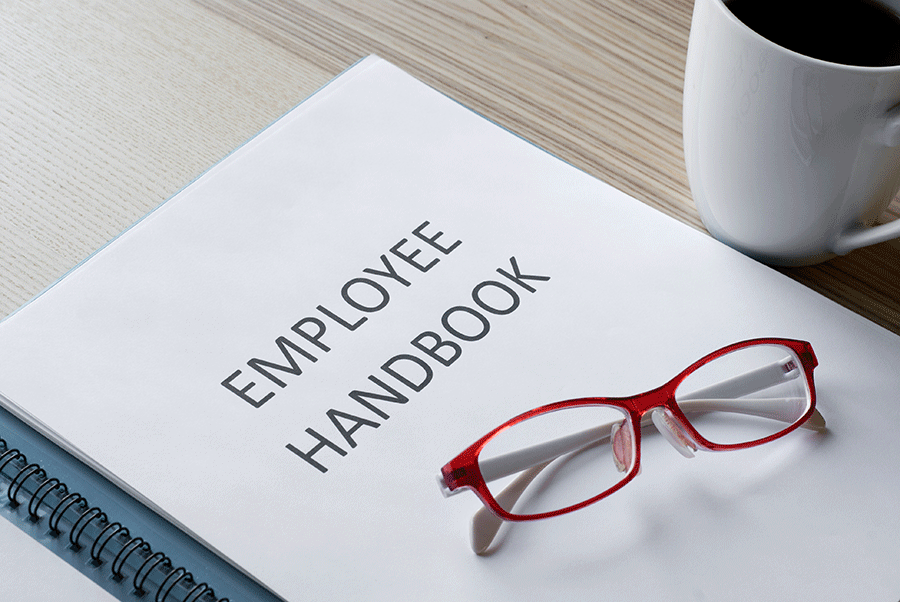Recently in the news, President Biden announced the requirement of mandatory vaccinations or testing for private employers with 100 or more employees. Some employers under 100 still want to implement these requirements. Most have expressed they want to do it to keep their employees and customers safe.
There are many questions from employers on what to do. The most popular questions we have received recently include:
“If I require an employee to go get a COVID test, or to be vaccinated, who pays the costs of testing or vaccination?
Do I have to pay the employee for the time it takes?
Do I have to accommodate employees with a disability or religious belief that prevent them from getting the vaccine?
Fortunately, California’s Labor Commissioner has weighed in on who pays for the cost of COVID testing and vaccination, and whether wages and expenses are owed to the employee.
Cost of Testing or Vaccination
If an employer requires an employee to obtain a COVID test or a vaccination, then the employer must pay for any costs incurred by the employee for the test or vaccination. This is because California law requires employers to reimburse employees for all necessary business expenses (Labor Code Section 2802).
If the employer has not designated a specific testing or vaccination site, workers may ask which location(s) or vendor(s) are acceptable to the employer to avoid disputes over cost.
Wages
If the employer requires an employee to obtain a COVID test or vaccination, then the Labor Commissioner requires the employer to pay for the time it takes for the testing or vaccination, including travel time and time spent waiting for the test or vaccination to be performed.
Wages are due because the time spent, including traveling and waiting, is time during which the worker is subject to the control of the employer and is considered “hours worked.” An employee who goes for a test or vaccination outside of their regular working hours could also be entitled to overtime pay if the time spent puts the worker over eight hours in a day or 40 in a week.
An employer may not require an employee to use paid leave time (such as COVID-19 Supplemental Paid Sick Leave or California Paid Sick Leave) for an employer-mandated COVID test or vaccination.
Please note, time spent after COVID testing while waiting for test results does not need to be paid as hours worked. However, the worker may be able to utilize paid leave while waiting for the results.
Travel Expenses
If the testing or vaccination is performed at a location other than the employee’s ordinary worksite, the employee also may be entitled to reimbursement for necessary expenses incurred to travel to and from the testing or vaccination location.
Disability or Religious Accommodations
Although both the US Equal Employment Opportunity Commission and the California Department of Fair Employment and Housing have stated that private employers may implement a mandatory vaccine policy, employers must also be aware of accommodation requests that may arise related to an employee’s disability or sincerely held religious beliefs.
For many employers, disability accommodation is something we are familiar with — an employee requests an accommodation, the employer requests a medical certification and then the employee and employer try to find a reasonable accommodation. This is known as the interactive process. Mandatory vaccination policies don’t change this process.
Conversely, many employers may have little to no experience with religious accommodations. Unlike disability accommodations, employers generally may not ask for documentation to substantiate the need for the religious accommodation. Because the law takes a broad view of religious accommodations, employers are usually required to take the employee’s beliefs at face value.
Once an employer knows the employee has a protected disability or religious belief, both the EEOC and the DFEH instruct employers to engage in a good faith interactive process to determine if there’s a reasonable accommodation for the employee’s inability to receive the vaccine; this must be done before the employer makes any decisions regarding that individual’s employment.
While the EEOC identifies several potential accommodations that may be reasonable — wearing masks, adjusting shift schedules, teleworking and reassignment — whether an accommodation is reasonable and doesn’t constitute undue hardship, such as compromising the health and safety of the workforce, requires a case-by-case analysis. We recommend you seek legal counsel if you get to this point.
Summary
We hope you have found this article helpful and timely with the ever changing environment of COVID vaccines and testing. We know many questions come up for or clients and we are here to help. Many situations that arise with an employee are unique. If you need more custom guidance please feel free to reach out directly to us here at Platinum HR Consulting Group.
www.platinumhrcg.com 657-888-3648 lisa@platinumhrcg.com















